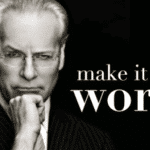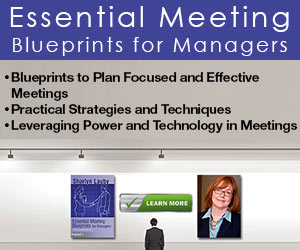Estimated reading time: 3 minutes
Mentoring is a great activity. Not only does it feel great to share your experience and knowledge with others, but you can also learn a lot along the way. However, that will only happen if the mentoring relationship is built on the right foundation.
The good news is that mentoring is an incredibly popular activity. According to the site MentorCliq, 98% of all U.S. Fortune 500 companies have mentoring programs and 100% of the top 50 U.S. Fortune 500 companies. That’s why it’s worth the time to learn how to do it well … because it works.
Regardless of whether you’re currently participating in a mentoring program, here are a few resources that could be helpful.
Mentors or Coaches – Why You Need Both
Just because today’s article is focused on mentoring doesn’t mean that one is better than another. In fact, it only heightens the importance of choosing the right method. Coaching might be best in situations where there’s a skills or knowledge gap but not a clear path to address it. Mentoring may be a good option when someone is confident about what they want to do but they need direction.
5 Qualities Found in Excellent Mentors
Mentors can come and go throughout our personal and professional lives. If you must pass on a mentoring opportunity, that’s fine. It’s better to say, “now is not a good time” or “I’d love to if we redefine expectations…” than to say “yes” and not get the full benefit – for you or the mentee.
Having a mentor and/or being a mentor is a wonderful thing. The success of the mentoring relationship is based on…having the right relationship. That means asking the right person. For the right reason. Also keep in mind that mentors aren’t necessarily forever. It’s possible that the mentoring relationship might need to take some breaks along the way. That can be a good thing for the relationship and perspective.
Be Your Own Mentor and Make It Work
Years ago, I had the opportunity to hear Tim Gunn, of Project Runway and Making the Cut fame, speak at a conference. His message? Be your own mentor. That’s right. Don’t wait for anyone else to help you. Be tenacious and create your own success. Rely upon you – and not anyone else – to turn your goals into reality. It was an interesting message coming from someone who became famous being a mentor on television. But it reinforces the importance of taking control of our own learning.
There’s one other mentoring-type opportunity that I wanted to share. That’s group mentoring. Think of it like developing a network of people who can learn from each other. We all have unique backgrounds and experiences that we can share. And there’s no rule that say’s mentoring needs to be a one-on-one activity. In fact, maybe group mentoring could provide more accountability.
Mentoring programs can help individuals throughout their careers. You don’t need to wait until to have a goal or something to accomplish to have a mentor. To get started, think about what you’re looking for in a mentor and who you might want to speak with about being a mentor. Plan the conversation. It could take some time.
As we’re entering the latter half of the year, it could be a good time to consider whether getting – or adding – a mentor makes sense for your professional development.
Image captured by Sharlyn Lauby while exploring the streets of Gainesville, FL







